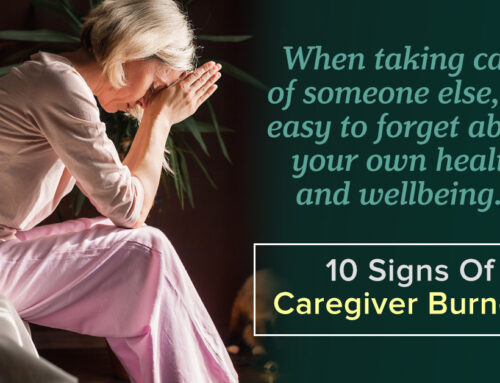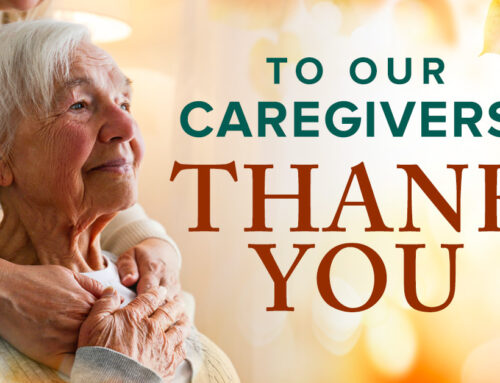Family Caregiving by the Numbers
Family Caregiving by the Numbers
Are you currently caring for an aging loved one? If so, you’re definitely not alone.
According to the most recent Caregiving in the U.S. report, nearly one in five (19%) Americans are currently providing care to an adult with health or functional needs.
The report also notes that:
- 24% are caring for more than one person
- 26% are caring for someone with Alzheimer’s disease or a related dementia
- 61% of caregivers are women
- 39% of caregivers are men
- 54% of caregivers are age 50 or older
- 61% of caregivers work
True Heros
“Family caregivers are truly heroes. Day in and day out, they keep so many balls in the air – with work, family obligations, caregiving responsibilities and more.” said Sierra Goetz, co-founder and operations manager at the HomeCare Advocacy Network (HCAN). “While caring for an older loved one is a privilege, it can also, at times, be challenging, frustrating, exhausting and overwhelming. It’s something we see all too often – family caregivers sacrificing their own health and wellbeing to ensure their loved ones are taken care of.”
While it’s sometimes difficult to see beyond the daily tasks at hand, Goetz said it’s important for family caregivers to prioritize self care. She suggests family caregivers:
Accept or ask for help.
If help is offered, take it. If you have to ask family or friends for assistance, do it. Be prepared with a list of ways others can help, and let the helper choose what he or she would like to do.
Delegate.
Make a list of daily tasks and, when possible, delegate. Maybe your spouse can cook dinner a couple of days a week or your children can take care of the laundry.
Take breaks.
Understand that it’s okay take breaks from caregiving. When someone else takes over, get out of the house. Visit friends, go to a movie, get a massage – anything that can help you relax.
Prioritize self care.
Eat well, exercise, relax and get enough sleep. If you’re not healthy, the quality of care you’re able to provide will suffer.
Get connected.
Take time to learn about caregiving resources in your community, including options for meal delivery, transportation and housekeeping.
Join a support group.
It helps to know you’re not alone. A support group can validate your feelings, offer encouragement and help you overcome some of the challenges you face. You also will be able to meet new people and perhaps build lasting friendships.
Enlist the help of a professional caregiver.
Whether it’s for a few hours a day or a few days a week, a professional caregiver will ensure your aging loved one is getting the best care possible – while giving you a much needed break.
“At HCAN, we help families find the perfect balance between caring for their loved one and taking good care of themselves,” Goetz said. “From companionship to personal and dementia care, our trained, professional caregivers are committed to helping you meet the unique needs of your aging loved ones – while giving you peace of mind.”
To learn more about our customized care and respite plans, visit hcanthrive.com or contact your local HCAN-supported agency.






